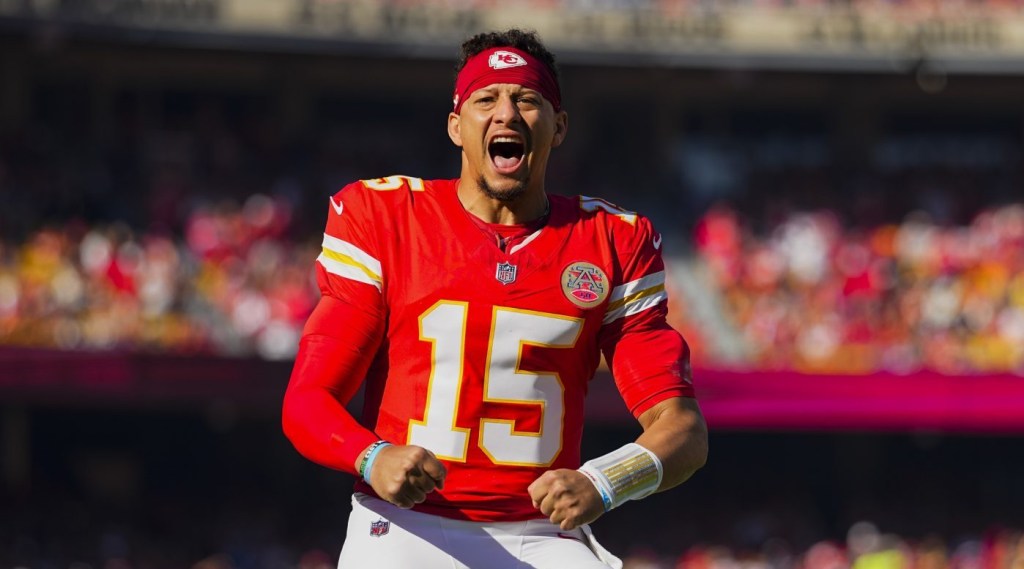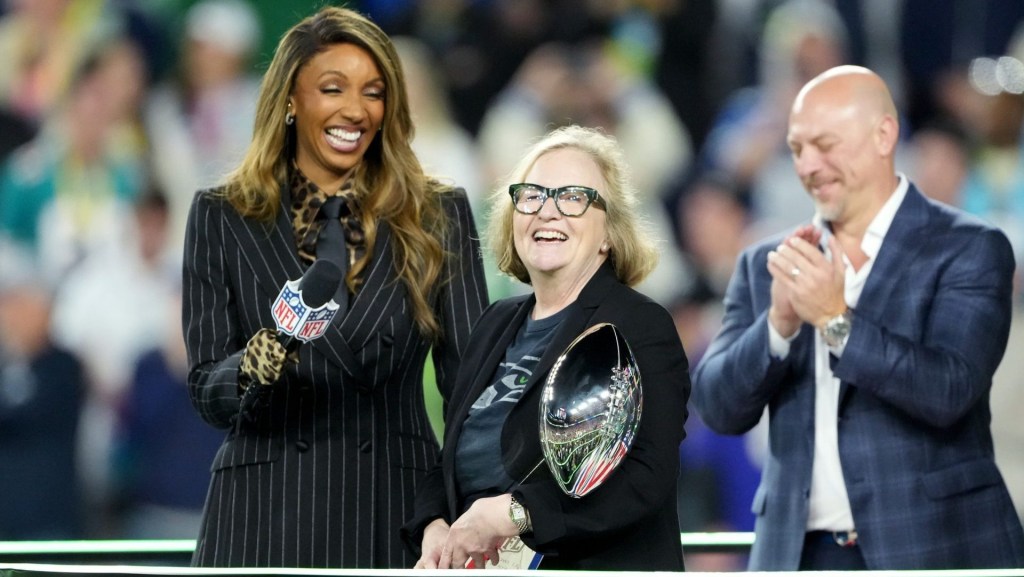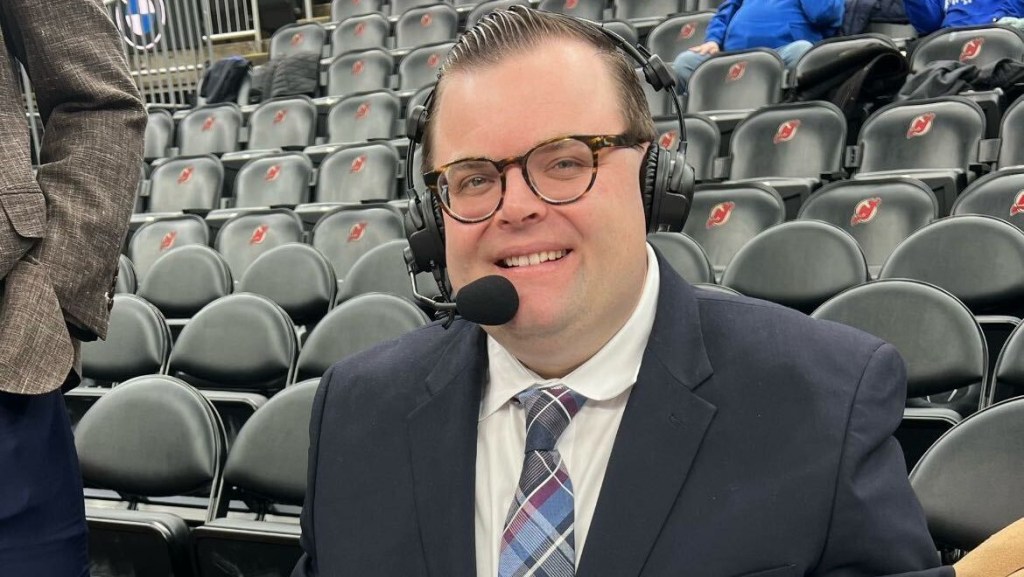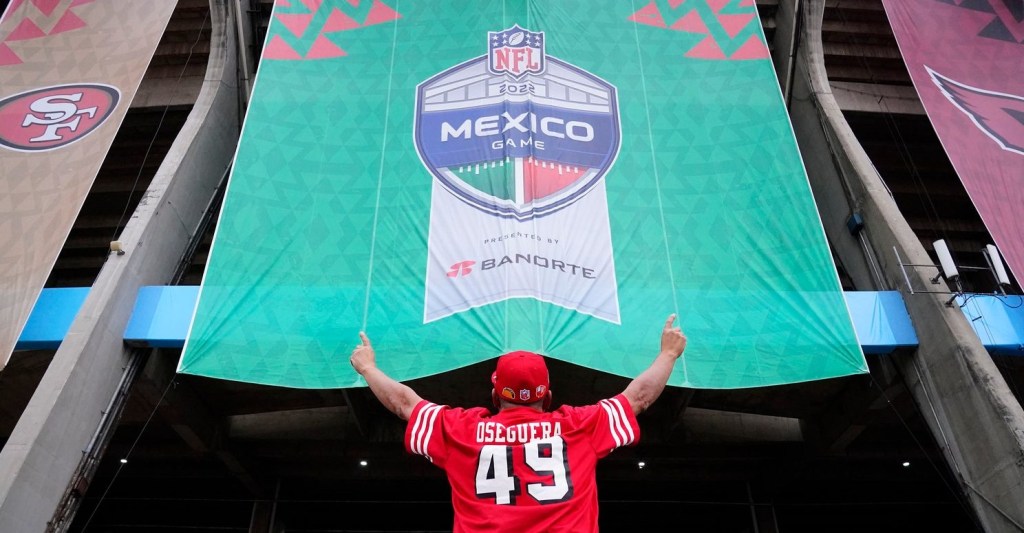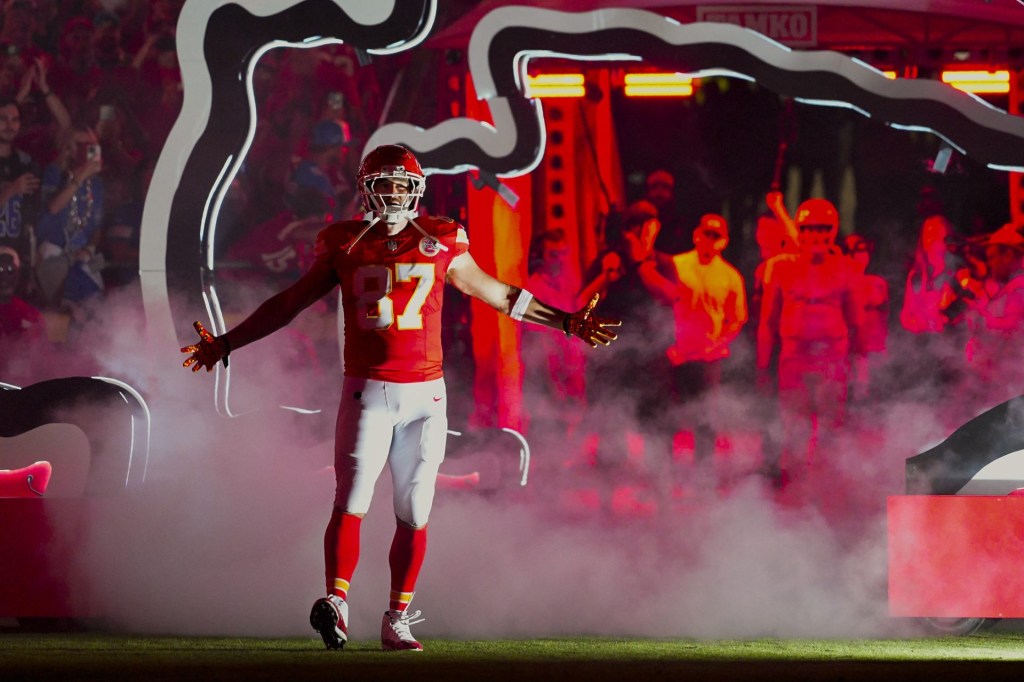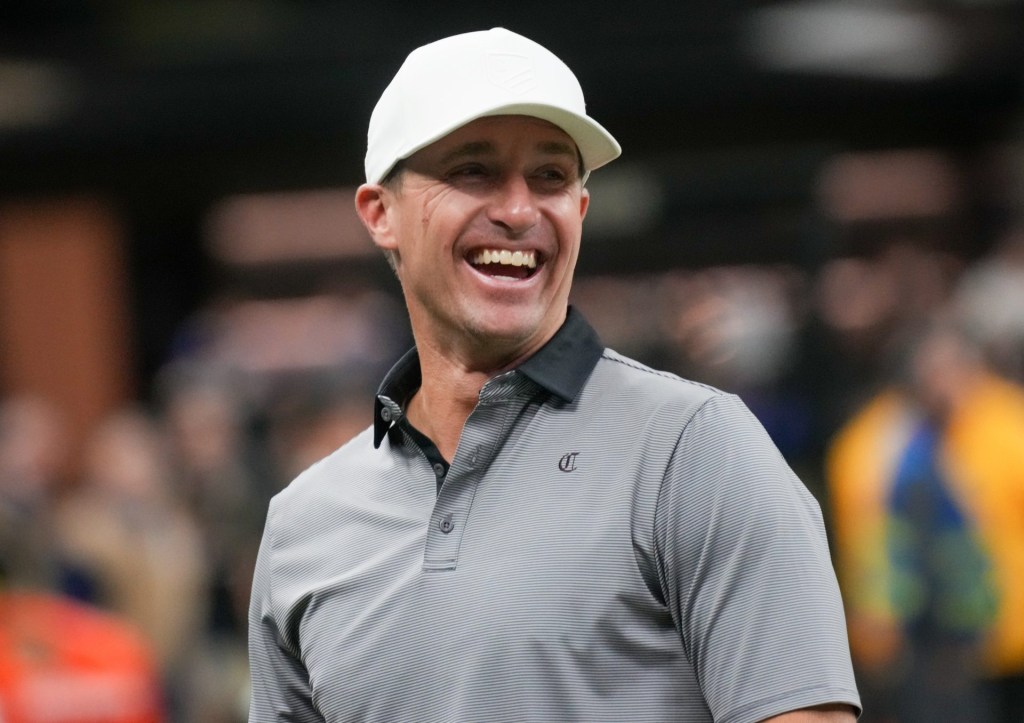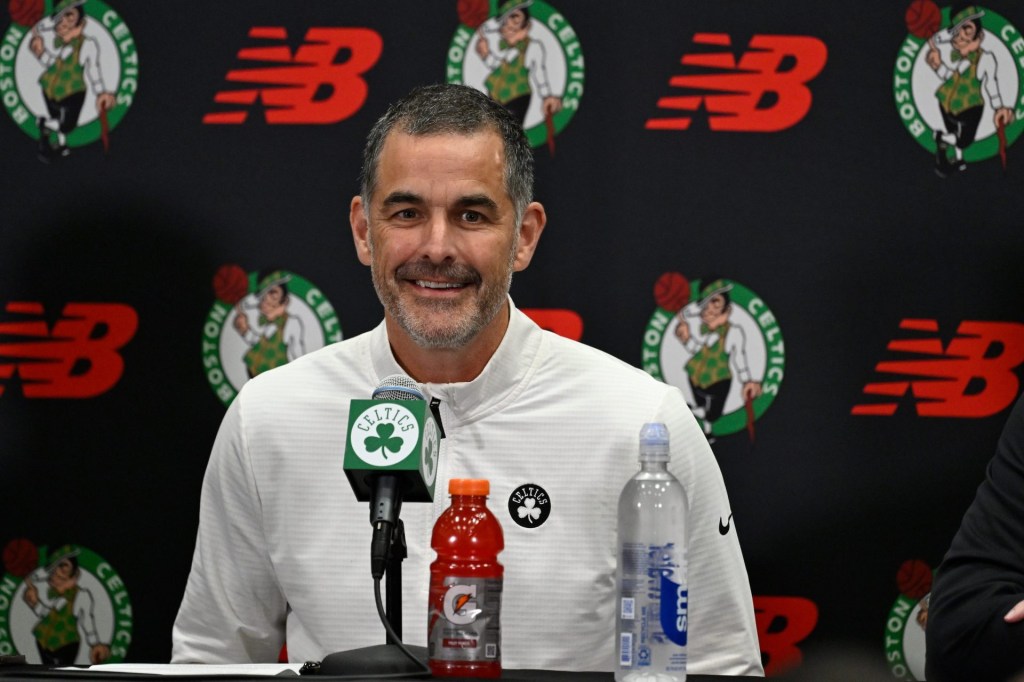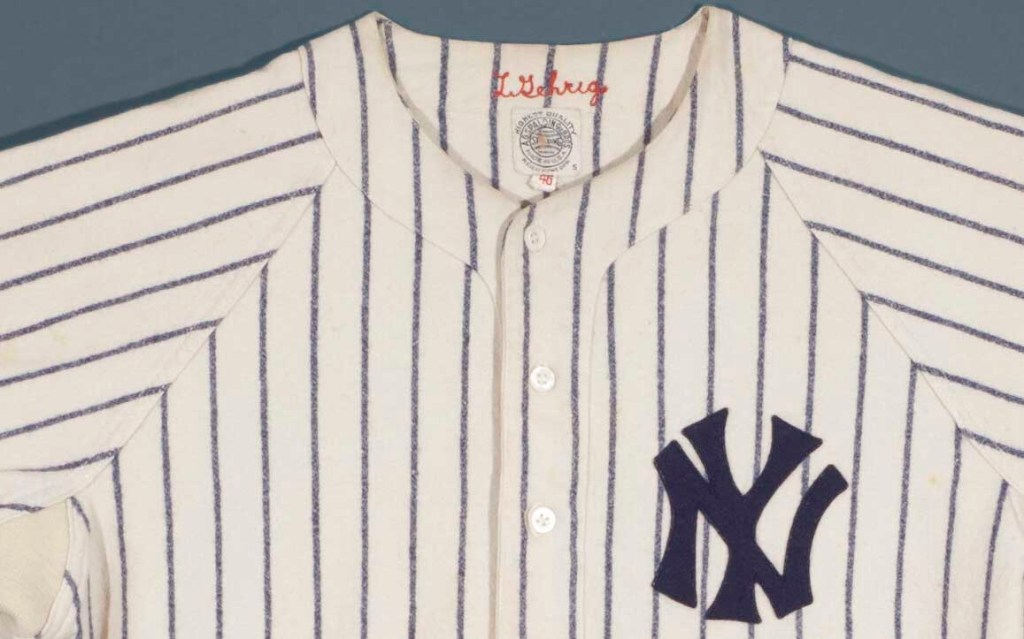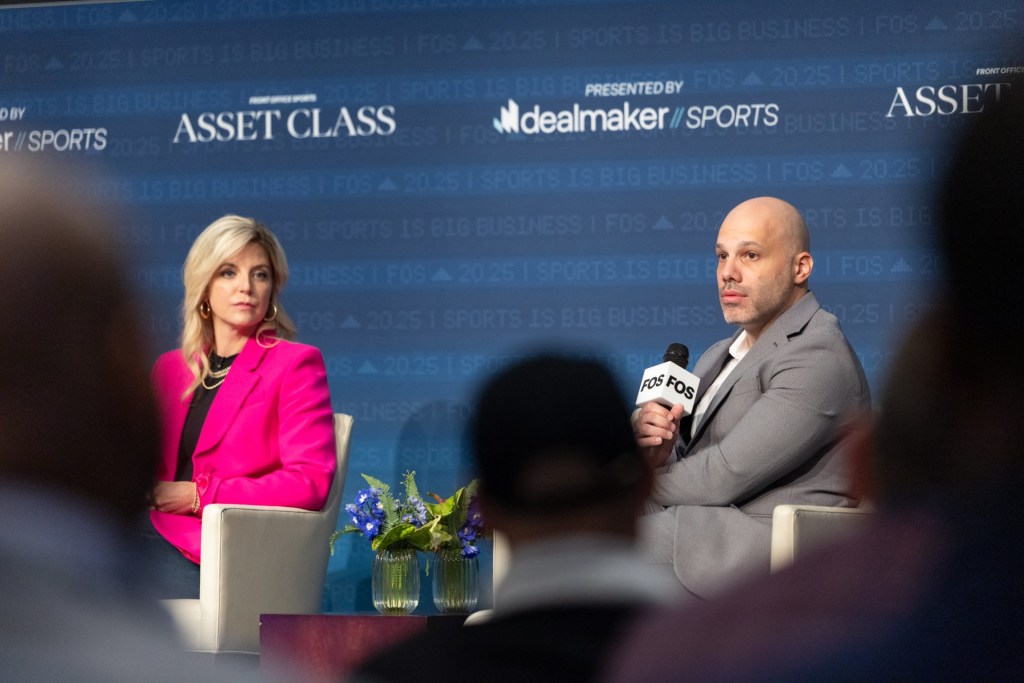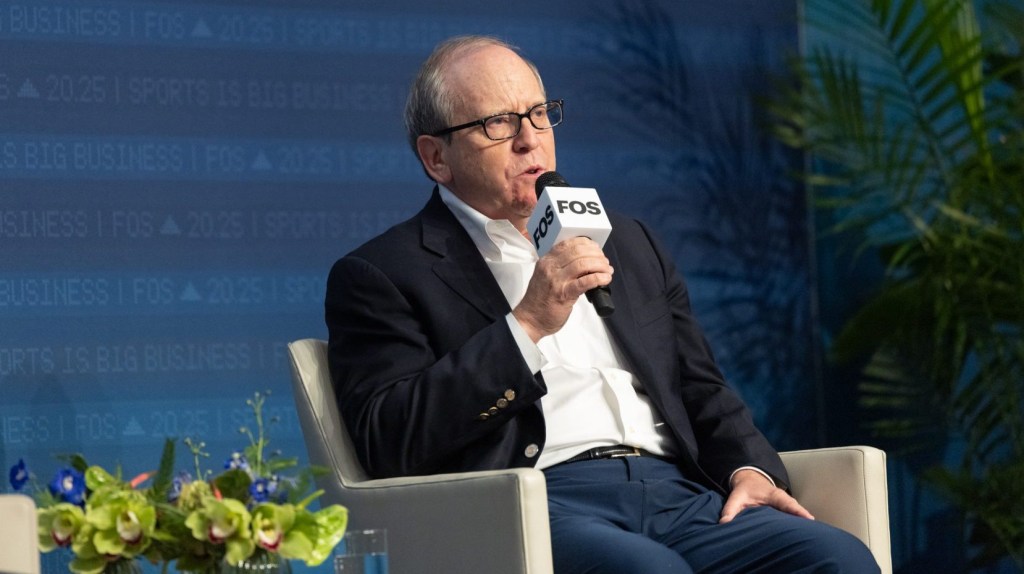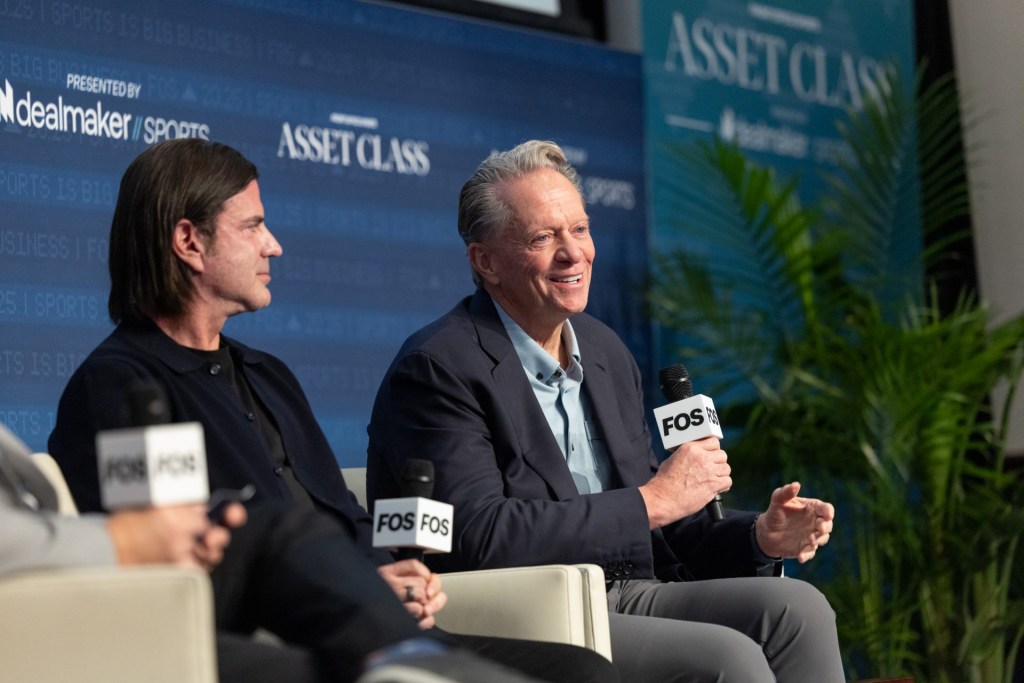The biggest sports betting companies in the world, and some of the top professional sports leagues, are keenly keeping tabs on controversial sports “prediction” markets like those offered by Kalshi, which has a legal winning streak going as it proclaims it’s here to stay.
Kalshi became well-known last year when it began allowing users to trade on the outcome of political events like the U.S. presidential election. Under President Joe Biden, the Commodity Futures Trading Commission sought to prohibit Kalshi from listing political event contracts, which led to Kalshi suing in federal court and ultimately winning.
What does this have to do with sports? In late January, Kalshi launched similar, sports-focused offerings. Today, users can trade on everything from “who will win the series between the Boston Celtics and New York Knicks” to “will the Indy 500 have any kind of rain delay?”
The amount being traded on Kalshi’s sports prediction offerings is growing exponentially. As of Monday, there was a total of more than $861 million across 2.9 million individual trades since their late January launch, a company spokesperson told Front Office Sports. That’s up by about $159 million over the figures from April 23, which were up by about $49 million over the figures from the prior week.
Kalshi is not the only company with these sorts of offerings—peers include Polymarket and PredictIt—but it’s become the most well-known because it’s fighting legal battles to prove its sports offerings are not the same as sports betting.
There’s no question that Kalshi’s sports offerings look like sports betting, but ultimately the question is whether the difference between Kalshi and regular sportsbooks is meaningful or just technical, according to Barry Jonas, senior gaming analyst at Truist Securities. “While we are not attorneys, it’s easy to see similarities between Kalshi and traditional sports betting,” he tells FOS.
Kalshi’s Battle Against Regulators
Regulators in at least six states have sent Kalshi cease-and-desist letters: Maryland, Illinois, Montana, Nevada, New Jersey, and Ohio.
To date, Kalshi has struck back with federal lawsuits against regulators in New Jersey, Nevada, and, most recently, Maryland.
An underlying question in the lawsuits is whether the CFTC has “exclusive” jurisdiction to regulate Kalshi’s sports event contracts, or whether it’s within states’ rights to regulate them. So far, Kalshi is winning big.
In April, a federal judge in Nevada ruled Kalshi could continue offering sports event contracts while the case is ongoing; a few weeks later, a federal judge in New Jersey issued a similar ruling. Those two cases continue to play out.
In Maryland, regulators are trying new arguments that have not yet come up in New Jersey and Nevada, and which legal experts have told FOS might be winners. In a May 9 filing, Maryland regulators pointed to the Interstate Wire Act of 1961, commonly known as the Wire Act, as well as the Indian Gaming Regulatory Act.
The Wire Act bars interstate transmission of information that assists in the placing of wagers on any sporting event or contest, while the IGRA permits federally recognized Native American tribes to operate gaming facilities on tribal lands, but only under certain conditions.
“Kalshi’s gaming devices are simply a speculative wager on who will win a particular sporting event,” attorneys for the Maryland regulators argued.
What the Major Pro Leagues Think
In February, the CFTC announced a planned roundtable on the topic and solicited comments from interested parties. Multiple Native American tribes opposed the sports event contracts because they’d eat into tribes’ casino profits. Late last month, a CFTC representative told FOS the roundtable had been cancelled. No reason was provided.
Three major men’s pro sports leagues—the NFL, NBA, and MLB—filed letters with the CFTC. All three leagues raised similar issues. The NFL “is concerned,” saying sports event contracts “would mimic sports betting but seemingly without the robust regulatory features that accompany regulated and legalized sports betting.”
The NBA cautioned the “rapid expansion of sports prediction markets has occurred in the absence of the kind of robust, sports-specific regulatory framework that would aim to protect the integrity of the games being played.”
MLB said it’s wary of further expansion of sports “prediction” offerings and the possibility that expansion will see companies like Kalshi offering what essentially amount to “prop” bets—or bets that aren’t tied to the outcome of a game, but instead something else, such as whether a particular player will hit a home run in a given game.
The NHL declined to comment.
What Traditional Sportsbooks Think
Kalshi has been clear that it believes its sports event contracts differ from traditional sports betting. The idea is that standard sports betting has users wagering against “the house”—casinos or sportsbooks like DraftKings or FanDuel, which set the odds and profit when bettors lose—while Kalshi operates a nationwide marketplace where users are trading against one another.
Yet DraftKings, FanDuel, and others, including Penn Entertainment and BetMGM, are paying increasing attention to what’s going on.
Last week, those companies and more acknowledged the growing sports “prediction” space. The CEO of FanDuel parent Flutter Entertainment said there is particular opportunity for such offerings in states that have not legalized sports betting. DraftKings noted it is “actively” monitoring the space. The CEO of Penn Entertainment said the company is keeping tabs on the area and noted “more to come.” BetMGM’s CEO said the company could eventually choose to participate in the space, but for now is “focusing on just being the best sports betting operator in the current regulatory environment.”
Sara Slane, head of corporate development at Kalshi, told FOS she is not surprised to see sports betting giants start to acknowledge prediction markets. “It would be irresponsible for them not to comment on it, given the positive momentum Kalshi has at this point in time,” said Slane, who joined Kalshi in April.
Meanwhile, Slane said the bottom line is that Kalshi’s sports event contracts do not constitute sports betting.
“This is a different product,” she told FOS. “It’s a national exchange that is regulated at the federal level. That’s really what the debate is about. If people want to put us as an adjacency to sports betting, it doesn’t change the fact that we have a federal regulator.”

